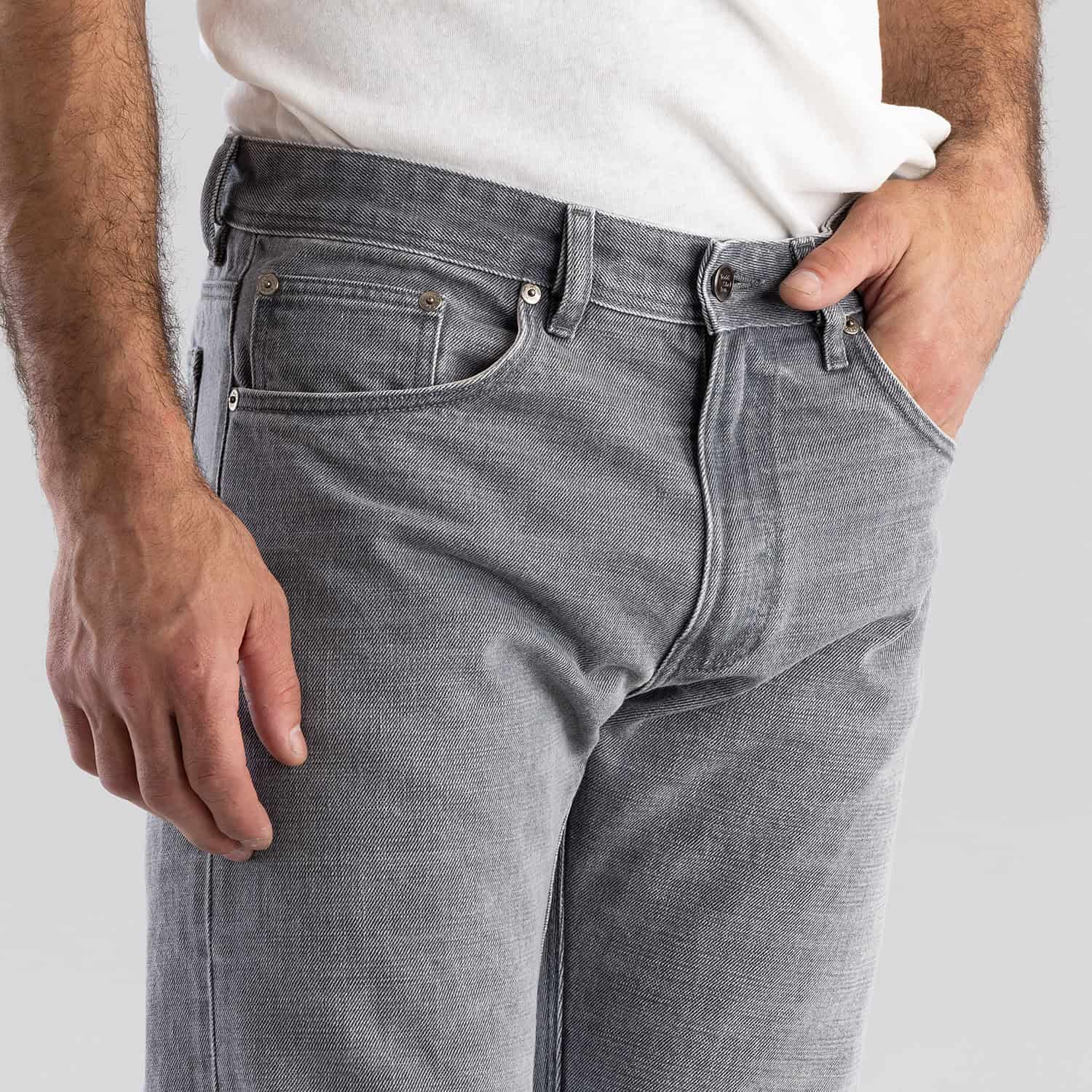Rebirth of American Manufacturing Post Covid-19
Right now, there’s tremendous opportunity to use manufacturing policy to create hope for the American worker post Covid-19.
Because of Covid-19 the US government will be forced to address new risk in the nation’s supply chain. Reliance on global manufacturing showed its’ weakness; an exposed country unable to make its own lifesaving products (drugs, tests, masks, ventilators) when it mattered.
As the US government prepares to debate the future of the nation’s supply chain, Americans have a tremendous opportunity to influence a rebirth of American manufacturing.
An ‘essential manufacturing’ wage subsidy
One piece of legislation could transform US manufacturing policy for the 21st century: a wage subsidy for ‘essential’ US manufacturing jobs.
A per hour wage subsidy designed to support ‘essential’ US manufacturer’s facing the greatest wage gaps compared to global competition – with the purpose of maintaining an acceptable level of manufacturing infrastructure in the US.
A US sewing operator earns $15 per hour. The same work is done in Vietnam for $2 per hour. In a wage subsidy example: the US manufacturer pays $12 per hour; the US government pays $3 per hour; bringing the total wage to $15 per hour.
A $3 per hour subsidy can’t narrow the wage gap, but it can help financially. And more importantly, it can show the US manufacturer the government values their work and their right to exist.
In a true free trade economy, the sewing jobs flow to Vietnam. But not only is free trade a myth these days (tax policy, tariffs, and currency manipulation distort markets), it also can be dangerous – Covid-19 proved this.
The cost of a wage subsidy is not as bad as you think. In 2019, there were 110,000 apparel manufacturing jobs in the US (that number drops each year). A $3 per hour subsidy for all 110,000 jobs at 40 hours per week, would total $634 million a year.
The US generates over $10 billion a year in taxes from apparel imports (tariffs).
If a wage subsidy created a surge in reshoring and US apparel manufacturing jobs doubled, the wage subsidy would cost $1.3 billion a year. $10 billion in tariffs can pay for $1.3 billion in subsidies.
The math to determine a wage subsidy is not as simple as taking total US manufacturing jobs and multiplying it times a blanket wage subsidy. The US government would need to determine which industries are ‘essential’, which need the subsidy, and the dollar amount of the subsidy.
The return on investment for a manufacturing wage subsidy include:
- A nation prepared for risk with a modern, diverse manufacturing infrastructure
- A surge of US companies reshoring
- People coming off unemployment into purpose-driven jobs
- A renewed commitment to protecting the innovation that happens on factory floors
- Opportunity to modernize rural America
- A hedge against climate change with localized supply chains
- A ‘New American Supply Chain’ that all Americans can take pride in
Tariffs are not enough
Tariffs are a solution for US manufacturing policy, but as we saw with the recent ‘trade war’, tariffs are on one day and off the next.
Companies simply shift production from high tariff countries to low tariff countries.
US manufacturer’s cannot plan properly, or invest long-term in infrastructure, using tariffs.
A new America can emerge
There’s tremendous opportunity for the US government to use manufacturing policy to create hope for the American worker post Covid-19.
If the US government will prioritize domestic manufacturing, not just trade deals and outsourcing, and give all Americans, even those who want to make things with their hands, equal opportunities to work – America can emerge from Covid-19 stronger, hopeful, and better prepared for the century ahead.
But the window for change will close as life normalizes. People who value American manufacturing must act now.
How you can influence the future of American manufacturing
Contact your members of Congress, tell them because of Covid-19 you’re concerned about our nation’s manufacturing capacity. Here’s a note we’ll be sending our senators and representatives in New Jersey:
“Senator Booker, Covid-19 showed us American manufacturing was not prepared for a pandemic, and it’s not prepared for the unforeseen risk of the future.
I’m writing to ask you to fight for stronger domestic manufacturing policy in congress.
Investment in manufacturing can get people back to work like no other industry, can modernize the American supply chain, and prepare us for future risk. Let’s use manufacturing as a force for good!
I wrote an article with an idea for ‘essential’ American manufacturing post-Covid 19: https://toddshelton.com/blog/about-todd-shelton/made-in-america/rebirth-of-american-manufacturing-post-covid-19
Please take 3 minutes to read my article. Let me know what I can do to help. Stay strong – Todd Shelton”
Please take time to let your elected officials know you care about manufacturing and you want to see change. Here’s a list of representatives and senators, you can search by state.
Thanks for the taking time to promote a better future for American manufacturing.






